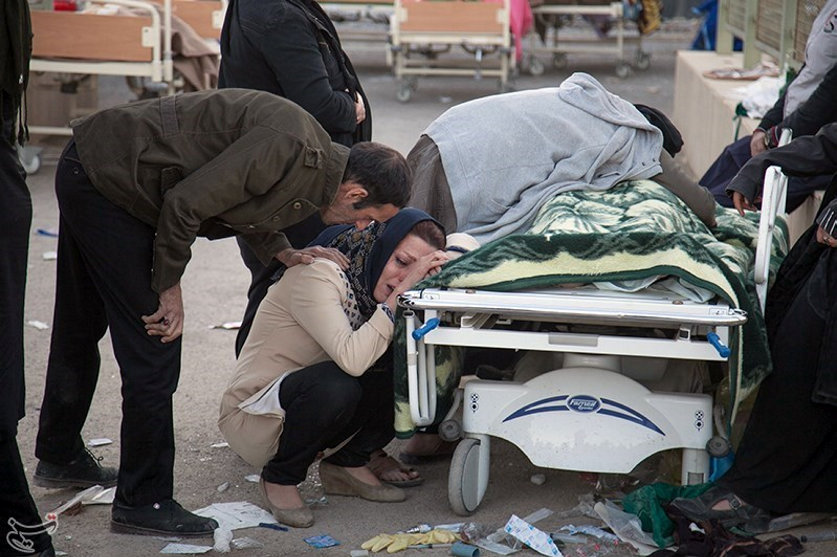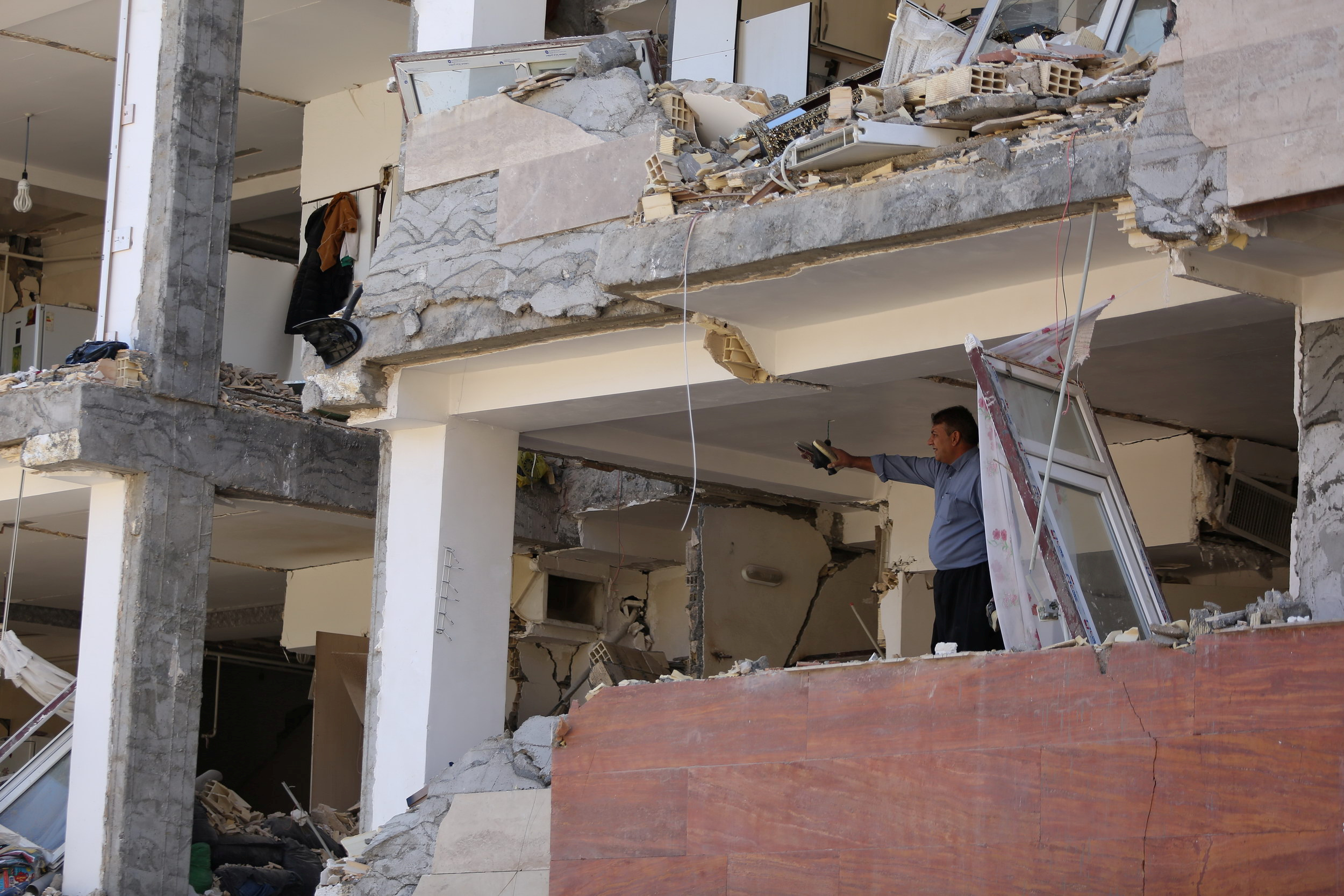
By Jason Patinkin
PALORINYA, Uganda (Reuters) – Oliver Wani found sanctuary from South Sudan’s civil war in a Ugandan refugee camp. But when the food ran out, he returned home only to be killed in the conflict he had fled.
The 45-year-old farmer was one of more than a million South Sudanese living in sprawling camps just across the border in northern Uganda, seeking refuge from the four-year war that has devastated their homeland.
But funding gaps and organizational problems often delay or reduce their meager rations, driving some desperate families back to the lands they fled and underscoring the struggle to cope with Africa’s biggest refugee crisis in two decades.
Refugees from South Sudan have been arriving in Uganda at an average rate of 35,000 a month this year. The Bidi Bidi camp was home to 285,000 people at the end of September, according to the U.N.’s refugee agency, making it the biggest in Africa.
The U.N. agency (UNHCR) said funding had only covered 32 percent of $674 million requested to help refugees in Uganda in 2017 and the U.N.’s World Food Programme (WFP) said it was facing a $71 million shortfall for the next six months.
Wani, who cared for his elderly parents, received no food in October because distributions had been delayed, his father Timon said. The memory of the crops Oliver had left behind proved too tempting and he returned to South Sudan to find food.
Two weeks later, other returning refugees recognized his remains alongside another dead refugee on a forest path in South Sudan, where the ground was littered with bullet casings.
“He went back to look for food,” said Timon, a tall, thin man who wiped away tears with his handkerchief as he spoke at a memorial service for his first-born child in the Palorinya refugee camp. “I’m heartbroken.”
DESPERATE REFUGEES
The four-year war in oil-rich South Sudan, a country only founded in 2011, has forced more than a third of its 12 million citizens to flee their homes. Tens of thousands have died, some in ethnic killings, others from starvation and disease.
Palorinya is the second biggest camp in northern Uganda after Bidi Bidi and alone houses 185,000 refugees.
Each refugee is supposed to get 12 kg of grain, 6 kg of dry beans, cooking oil and salt each month, but the U.N.’s WFP said this was delayed in October because grain was scarce in Uganda and the roads to Palorinya were bad.
Food distributions did not start camp until Oct. 26, WFP said. It takes two weeks to complete a distribution, so tens of thousands of refugees did not get any food that month.
Desperate, some returned to the war zone. At least eight refugees from Palorinya were killed in South Sudan after returning to look for food in October, according to family members and the Anglican church, which tracks civilian deaths.
In August and September, when rations were distributed normally, just two refugees from the camp were killed when they returned to find food, the church diocese in South Sudan’s volatile Kajo Keji region said.
Modi Scopas John, chairman of a Refugee Welfare Committee in Palorinya, said refugees were returning home every day.
“If you have nothing to eat, what do you do?” he asked, perched on a plastic chair under a spindly tree. “You have to look for food.”
FOOD SHORTAGES
Wani was killed in Kajo Keji, where the government and two rebel groups are battling for control in a war sparked by a feud between President Salva Kiir and his former deputy Riek Machar.
Next to Wani lay the body of Yassin Mori, 35, who had also left Palorinya to look for food, according to Mori’s two brothers who ventured into South Sudan to look for him.
Mori left two wives and nine children behind.
“Now we need support because we are left with his children and widows,” Taha Igga, one of the brothers, said at a memorial service in the Ugandan refugee camp.
Mutabazi Caleb, from aid group World Vision, which runs the distributions, said that Palorinya is two months behind other camps in its food distributions.
WFP said it had substituted half the cereal ration with money in September in some other camps so refugees could buy food and was expanding its infrastructure to prevent future delays.
But refugees said even when food arrives, it doesn’t last a month. Of the 12 kg of grain, refugees said they sell one to pay for grinding the rest into flour, and another to buy soap, which is in short supply.
They also complained that the beans were sometimes inedible.
“They are not okay, others are rotten, and they are smelling,” said mother-of-four Liong Viola, 32, picking through her sack of shriveled legumes during an Oct. 26 distribution.
WFP country director El Khidir Daloum said it was investigating the complaint and, “is committed to providing our beneficiaries with the highest quality of food”.
John, the Refugee Welfare Committee chairman, said he urged people to stay in the camps.
“At least let us die here of the hunger rather than go back to South Sudan and be killed like a chicken,” he said.
But hungry refugees often ignore the pleas. At dusk last Saturday, Pastor Charles Mubarak packed extra clothes into a plastic bag to take back into South Sudan where he hoped to harvest cassava fields he left behind when he fled in January.
“As a family, we are 10 in number, and I’m not in position to feed them,” he said. “If I get killed I get killed once, but dying of hunger is too difficult.”
Mubarak kissed each neatly folded shirt as he placed them in the bag.
“If they give us the food rations, I wouldn’t think of going back to South Sudan,” he said. “Food is life.”
(Reporting by Jason Patinkin; editing by Katharine Houreld and David Clarke)











